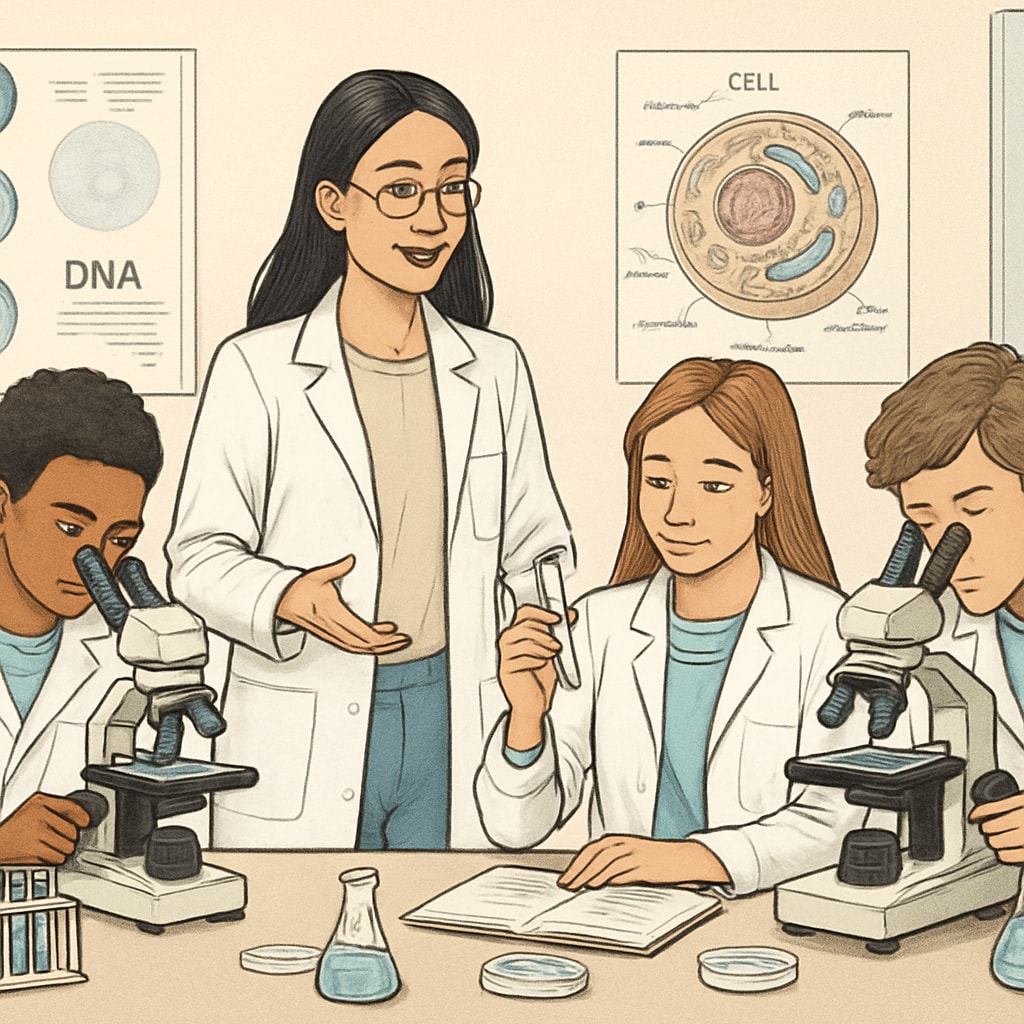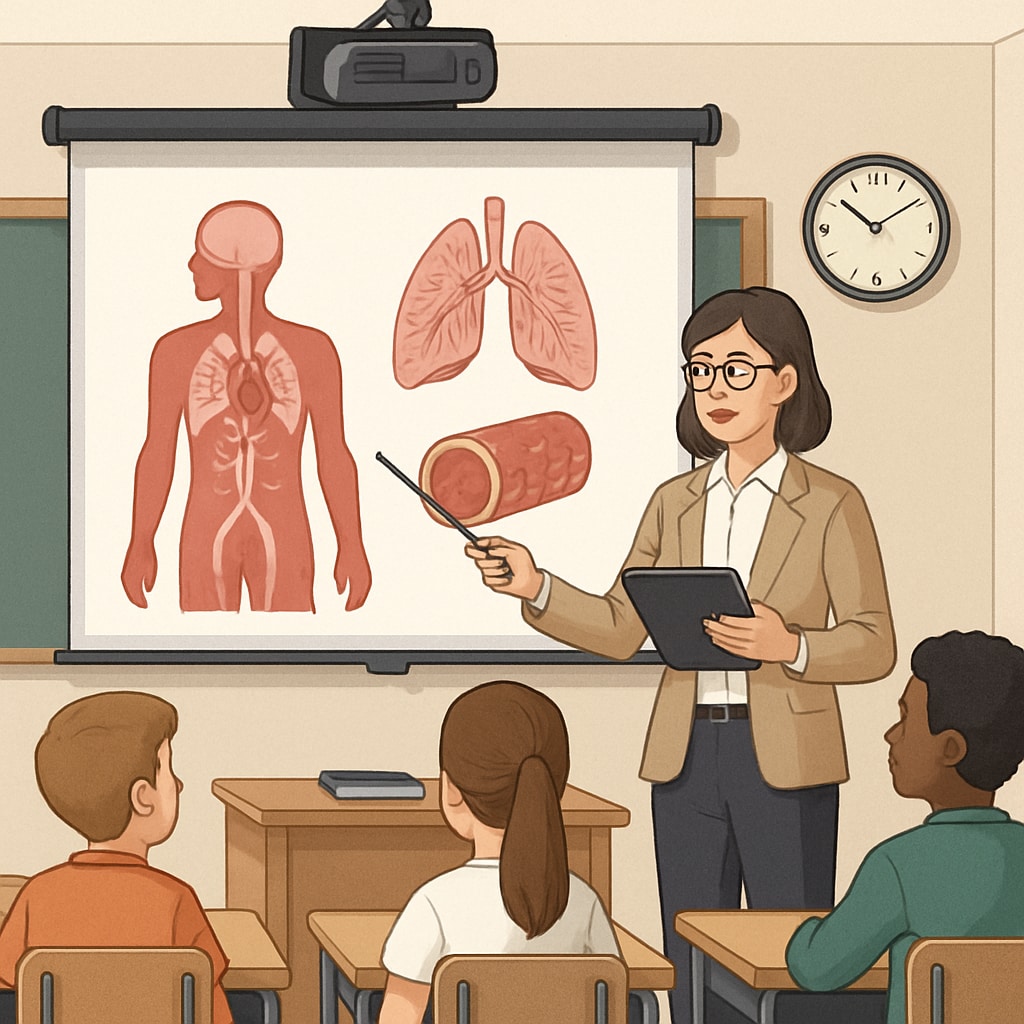Transitioning from a biology degree to pursuing a master’s in education might seem like a significant leap. However, this shift, involving “biology background, education master’s, academic transition,” offers immense potential for individuals passionate about teaching and knowledge sharing. In this article, we’ll explore the feasibility of such a transition, its inherent challenges, and the opportunities it unlocks, providing a roadmap for aspiring educators with a background in the sciences.
Why Transition from Biology to Education?
The decision to pivot from biology to education often stems from a deeper calling to inspire and mentor the next generation. Biology graduates possess a wealth of specialized knowledge and analytical skills, which can be effectively leveraged in educational contexts. Moreover, with the increasing emphasis on STEM (Science, Technology, Engineering, and Mathematics) education, there’s a growing demand for educators who can bridge the gap between theory and real-world applications.
For example, biology graduates have firsthand experience with laboratory environments, scientific inquiry, and data analysis. These skills are invaluable in classrooms where practical, hands-on learning is increasingly prioritized. Furthermore, transitioning to the education field allows biologists to address pressing societal issues, such as climate change education or public health awareness, by integrating their scientific expertise into curriculums.
Challenges in Academic Shifts
Shifting from biology to education does come with its fair share of challenges. One of the most significant hurdles is adapting to the pedagogical frameworks and methodologies that underpin effective teaching. Unlike the structured experiments in a lab, teaching involves managing diverse learning styles, fostering engagement, and developing emotional intelligence.
Additionally, prospective educators may need to acquire new certifications or qualifications, depending on their region’s requirements. For instance, some education master’s programs may require applicants to undertake foundational courses in teaching methodologies before delving into advanced topics. This can be a time-intensive process, requiring a blend of patience and dedication.

Opportunities for STEM Educators
Despite the challenges, transitioning from biology to education offers numerous opportunities. STEM educators are in high demand globally, with governments and institutions investing heavily in science education to prepare students for future challenges. Biology graduates who pursue an education master’s can position themselves as specialists capable of teaching advanced topics such as genetics, environmental science, and biotechnology.
Moreover, educators with a biology background can contribute to interdisciplinary curriculums, combining biology with subjects like geography, health sciences, or even ethics. This interdisciplinary approach not only enriches students’ learning experiences but also broadens career prospects for educators.
For those interested in research, a master’s in education can open doors to studying innovative teaching methods, curriculum development, or even the psychological aspects of science education. Such research can have a profound impact on how STEM subjects are taught globally.
Practical Steps for Transitioning
To successfully transition from a biology background to an education master’s, consider the following steps:
- Research Programs: Identify master’s programs that align with your career goals. Look for those with a focus on STEM education or secondary education in the sciences.
- Gain Experience: Volunteer or work as a teaching assistant to gain firsthand experience in educational settings. This will help you understand classroom dynamics and refine your teaching aspirations.
- Strengthen Communication Skills: Effective teaching requires excellent communication. Practice simplifying complex biological concepts for diverse audiences.
- Network: Connect with educators and alumni from education programs to gain insights and advice for your transition.
- Stay Updated: Follow trends in STEM education, such as the integration of technology in classrooms or project-based learning approaches.

Final Thoughts: Embracing the Transition
Transitioning from biology to education is a journey of growth, adaptability, and passion. While challenges exist, the rewards of shaping young minds and contributing to STEM education far outweigh the obstacles. By leveraging their scientific expertise and pursuing an education master’s, biology graduates can carve out fulfilling careers that bridge the gap between science and pedagogy.
As education evolves to meet the demands of the 21st century, the need for educators with diverse academic backgrounds will only grow. If you’re contemplating this transition, remember: your biology expertise is not a limitation but a powerful asset in the world of education.
For further reading:


